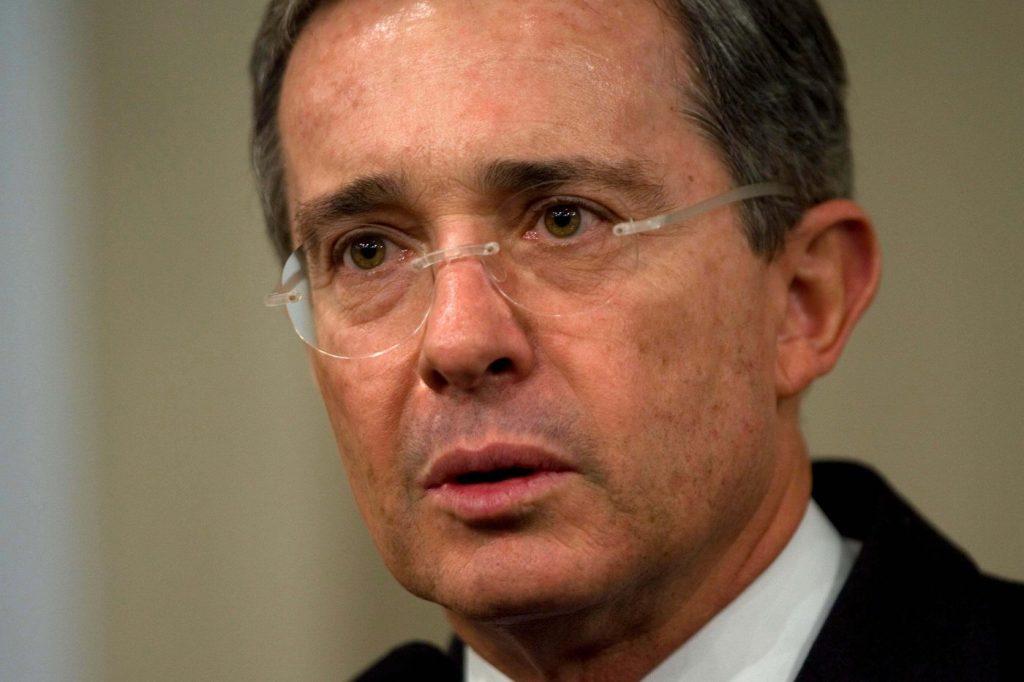BOGOTA, Colombia (AP) – An appeals court in Colombia has overturned the conviction of former President Álvaro Uribe, who had faced serious charges of bribery and witness tampering. This landmark case has had a significant impact on Colombia, deeply affecting the legacy of the influential conservative leader, who served as president from 2002 until 2010.
Álvaro Uribe, now 73 years old, was previously sentenced to 12 years of house arrest in August following a rigorous six-month trial. During this trial, prosecutors presented evidence suggesting that Uribe had attempted to manipulate witnesses who alleged that he had connections to a paramilitary organization during the 1990s, a period marked by significant violence and conflict in Colombia.
Uribe has consistently denied any allegations of wrongdoing, characterizing his conviction as a politically motivated attack against him. He has argued that the judicial process was biased, maintaining that the judge presiding over the case was prejudiced against him. His legal team raised questions about the integrity of the evidence submitted, contending that there was insufficient proof of his direct involvement in any criminal activities.
With the overturning of his conviction, Uribe's legal battles may not yet be over, as prosecutors have the option to appeal the latest ruling to Colombia's Supreme Court. This possibility keeps the case alive in the public eye and raises questions about the future of judicial accountability in cases involving high-profile political figures. The ongoing developments highlight the contentious political climate in Colombia, as well as the complexities of its legal system.
As the case continues to unfold, it serves as a reminder of the deep political divisions in Colombia and the significant implications of Uribe's legacy on the nation's political landscape. His presidency was marked by controversial security policies aimed at combating guerrilla violence, and his connections to various political and paramilitary figures remain a topic of considerable debate.
The overturning of the conviction has sparked discussions in Colombia about the intersections of politics, justice, and influence, particularly in cases involving prominent individuals like Uribe. As a significant player in Colombian politics for decades, the ramifications of his legal situation will likely resonate throughout the country for some time.
As the story develops, follow updates on the case and its broader impact within Colombia and the region.











